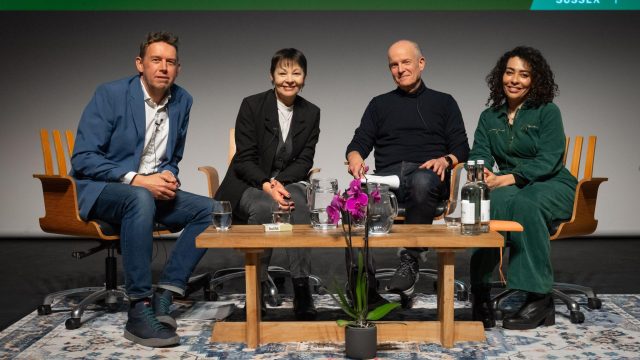
So what are we, the GEC, doing to help?
Firstly, we are starting seven new national and regional hubs to support green economy policy and practice emerge from the ground up, representing the interests of communities and specifically those that have been excluded by the current economic systems. To nurture these seven green economy hubs we welcome new GEC partners Acode from Uganda, AFRICEGE from South Africa, IED Afrique from Senegal, EPCRC from Mongolia, to work alongside our existing hub partners Development Alternatives in India, CANARI in the Caribbean, and TIPS in South Africa. We are also working through our partner EcoUnion to complete a Green Economy stock take for all countries facing the Mediterranean. A further hub in Peru is currently being developed and we shall launch this soon.
Secondly, we are delighted to be working with OXFAM, CAFOD, TEARFUND, ILO, IIED and UNEP on what is provisionally called Green Must Be Fair – a set of projects to widen participation in green economy development and transition planning especially for the poor, marginalised and civil society. It is great that the major development organisations are stepping into this space, and we welcome PLAN International UK as a new GEC member. We shall work with them to ensure the emergent green economy is both fairer and contributes to ending child poverty.
Thirdly, arguably the biggest transformative intervention to secure the future we want is to redefine the purpose of our economies – and hardwire this purpose into government and market performance systems. Measure what matters is our contribution to this challenge. We seek to encourage synergies between SDGs, beyond GDP and corporate sustainability measurement. We publish our thinking on this and host our event this month.
We also developing a new programme ‘Moving the Money’- targeting finance sector development to invest in green and fair solutions. We are delighted to welcome FinanceWatch to the GEC to spearhead this initiative. We are also getting our ‘Economics for nature’ programme up – ensuring the instruments and policies are in place that recognise our fundamental dependency on a healthy natural world.
Finally, as my opening paragraph attempted, we must get better at tying this green and fair economic transition into the headline challenges of the day. We believe Brexit, floods, forest fires, financial crisis, continued austerity, tax evasion are all manifestations of a deeper malaise, an economy that has outgrown its ecological home, and run out of trickle down credibility. We will focus more attention on our political and communication narratives to move the fair and green solutions to the front of mind and policy.
We are grateful to significant new funding that have made this exciting GEC growth possible.
All of the above, will be discussed and improved at our upcoming GEC global summit. We hope to see you there.
Oliver Greenfield, Convenor, GEC
Image credit: frank mckenna on Unsplash


